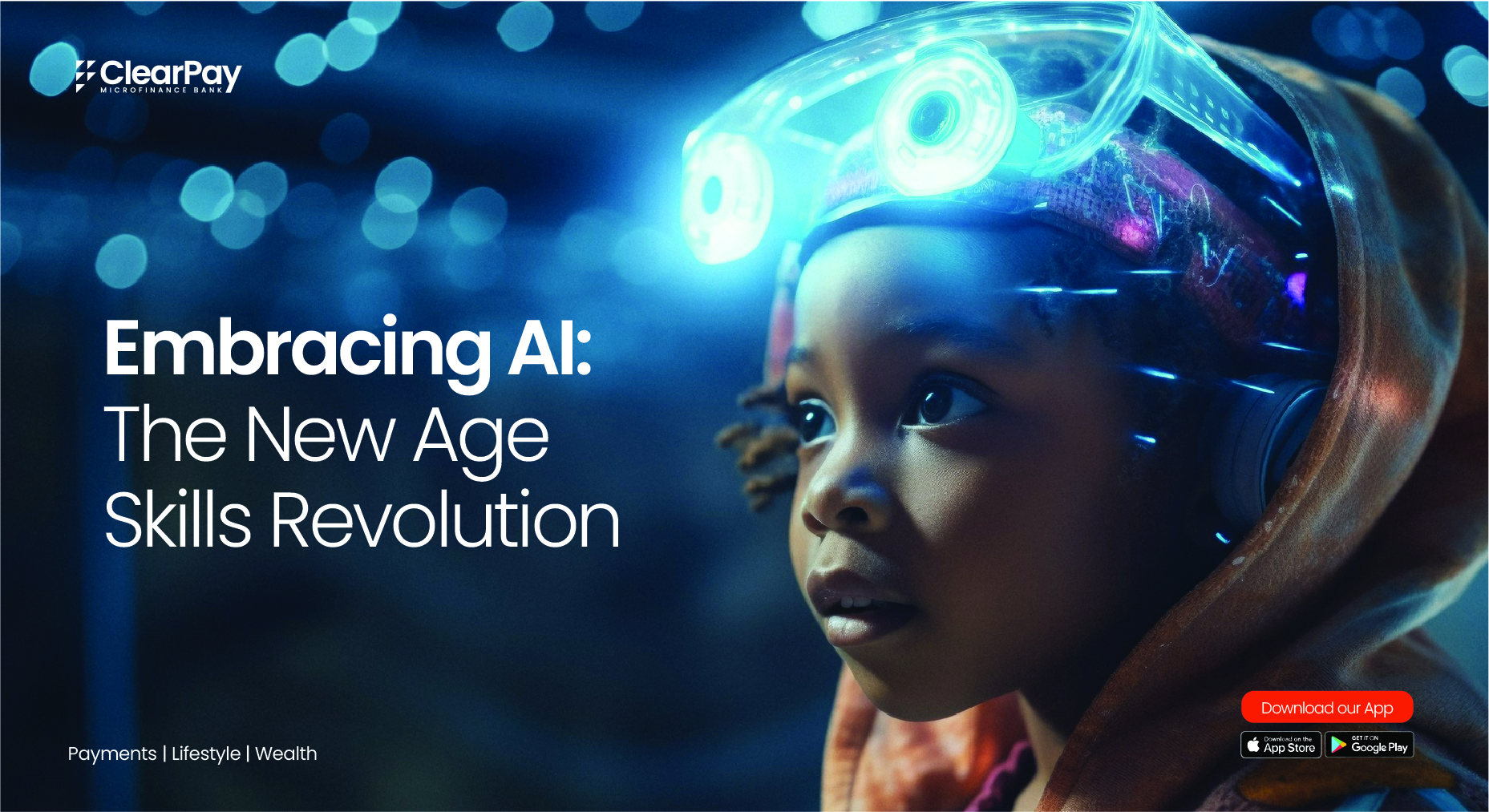Artificial Intelligence (AI) is not just a buzzword; it’s a transformative force reshaping industry, economies, and the very fabric of our daily lives. As AI continues to evolve, it brings with it a new set of skills that are essential for thriving in this dynamic landscape. These new age skills encompass technical proficiencies, cognitive abilities, and soft skills that complement the capabilities of AI, enabling individuals and organizations to harness its full potential.
The Technical Core: Mastering AI and Data Science
At the heart of AI-driven transformation lies a strong foundation in technical skills. Proficiency in AI and data science has become paramount. This includes understanding machine learning algorithms, neural networks, natural language processing, and data analytics. Coding skills, particularly in languages such as Python and R, are crucial for developing and implementing AI solutions.
Moreover, knowledge of data management and data engineering is essential. The ability to collect, clean, and manipulate large datasets empowers AI systems to make accurate predictions and informed decisions. As organizations increasingly rely on data-driven strategies, these technical skills are in high demand across various sectors, from healthcare to finance to entertainment.
Cognitive Abilities: Critical Thinking and Problem-Solving
While technical skills are vital, cognitive abilities play an equally significant role in the AI era. Critical thinking and problem-solving skills are indispensable for interpreting AI-generated insights and making strategic decisions. AI can process vast amounts of data and identify patterns, but human judgment is necessary to contextualize these findings and devise actionable plans.
Additionally, the ability to learn continuously is crucial. The rapid pace of AI advancements means that what is cutting-edge today might become obsolete tomorrow. Professionals must cultivate a mindset of lifelong learning, staying abreast of the latest developments and continually upgrading their skill sets. This adaptability ensures they can leverage new AI tools and methodologies as they emerge.
The Human Touch: Enhancing Emotional Intelligence and Creativity
AI excels at tasks that involve pattern recognition, data processing, and automation. However, it falls short in areas requiring emotional intelligence, empathy, and creativity—domains where humans naturally excel. As AI takes over routine and repetitive tasks, there is a growing emphasis on developing soft skills that enhance human-AI collaboration.
Emotional intelligence enables individuals to understand and manage their emotions and those of others, fostering effective teamwork and communication. In customer service, for instance, while AI can handle basic inquiries, human agents with high emotional intelligence can address complex issues and provide a personalized experience.
Creativity, too, is a uniquely human trait that AI struggles to replicate. In fields such as marketing, design, and content creation, creativity is the driving force behind innovative solutions and compelling narratives. Encouraging creative thinking and nurturing the ability to generate original ideas are essential for maintaining a competitive edge in an AI-driven world.
Bridging the Gap: The Role of Education and Training
To equip the workforce with these new age skills, a paradigm shift in education and training is necessary. Traditional educational models must evolve to incorporate interdisciplinary learning, blending technical, cognitive, and soft skills. Institutions should emphasize hands-on experience with AI tools, foster critical thinking through real-world problem-solving scenarios, and cultivate emotional intelligence and creativity through collaborative projects.
Professional development programs and online courses offer flexible avenues for continuous learning. By providing access to up-to-date resources and fostering a culture of innovation, organizations can empower their employees to thrive amidst AI-driven changes.
As AI continues to reshape our world, the convergence of technical skills, cognitive abilities, and emotional intelligence will define success. Embracing this new age of skills requires a proactive approach to learning and adaptation. By mastering the interplay between AI capabilities and human ingenuity, we can unlock unprecedented opportunities and navigate the complexities of the AI revolution with confidence.


